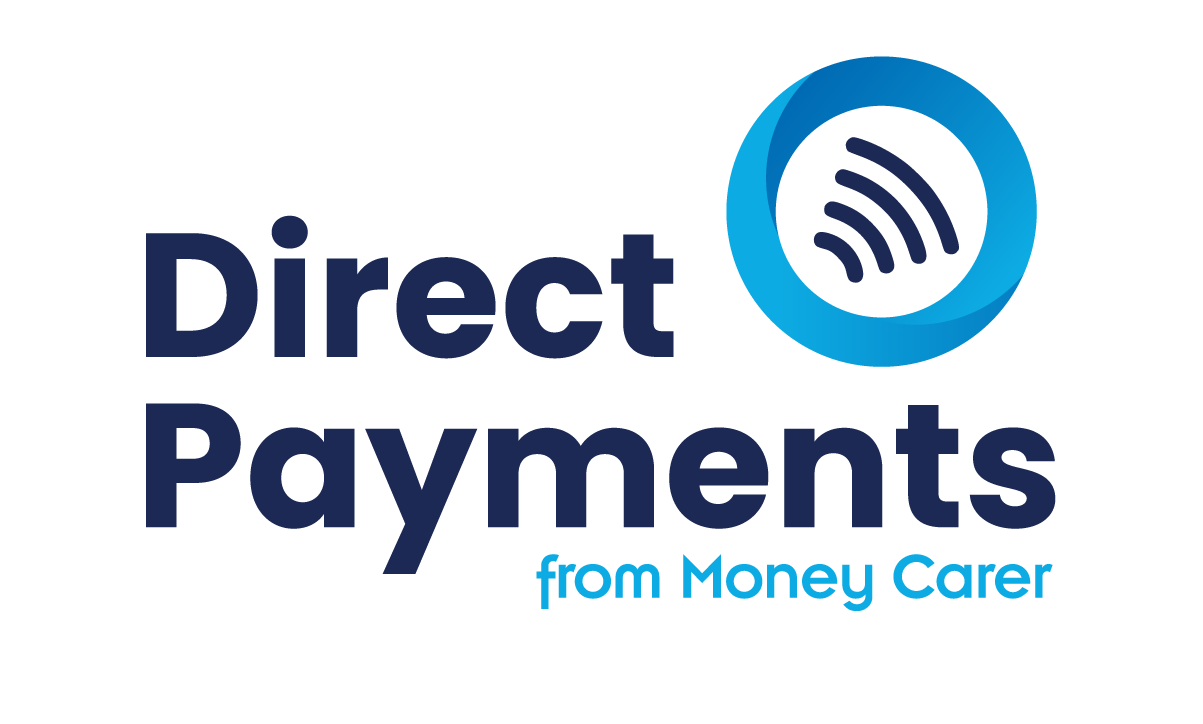How do Direct Payments work?
A direct payment is a sum of money provided to you so that you can arrange your own care and support, rather than receiving services directly from your local authority. The amount should be sufficient to cover the cost of meeting your assessed care needs, and it must be used specifically for that purpose.

Why choose
Direct Payments?
Choose your Care Provider
Whether that’s a care agency or a personal assistant – the choice is yours!
Be Flexible
Have flexibility in arranging services around your schedule and needs.
Control your Budget
Control your budget and decide how your care needs are met.
Make Decisions
You have the freedom to make decisions about your care that align with your lifestyle and preferences.
What are the steps?
Getting started with Direct Payments is straightforward. Here’s how the process works:
Assessment of Care Needs
The first step is to contact your local council for a needs assessment. This will determine whether you qualify for social care. You can find out which is your local council by clicking here
Care Plan Development
A care plan will be created to outline the support you need. If you choose Direct Payments, the plan will detail how the money will be used.
Receive Payments
Once your Direct Payment is approved, funds are transferred into a secure account. You can then use this money to pay for your agreed care and support, with full visibility and control over how it is managed.
Manage your Care
You can hire a care provider or personal assistant, and you are responsible for ensuring they meet your care needs. You’ll also need to keep record of how you spend the funds.
FAQ
How will social services monitor my use of the Direct Payment?
When you receive a Direct Payment, it’s your responsibility to make sure there is enough money in your account to cover care costs such as staff wages or agency invoices. You are accountable to your local authority for how the money is used.
Most local authorities require regular financial monitoring. This usually means providing records of income and expenditure, along with copies of your Direct Payment bank statements, typically every three months.
Money Carer can support you with record-keeping and financial reporting to ensure you remain compliant.
How do I request a Direct Payment and what happens next?
To request a Direct Payment, contact your local social services department. They will arrange a community care assessment to review your needs.
Your social worker or care coordinator will guide you through the assessment. Once complete, you can take as much time as you need to decide whether you’d like to receive your care funding as a Direct Payment.
If you choose this option, your social worker or care coordinator will refer you to a Direct Payment support service such as Money Carer. Our team will then arrange a convenient appointment to explain how Direct Payments work, outline your options, and guide you through every step of the process.
What if there is an emergency and I am left without a service?
Money Carer will help you put a back-up (contingency) plan in place for situations where your PA or care agency cannot provide support. If this happens, your local authority may add extra funds to your account to cover emergency care costs.
Local authorities also have a legal duty of care, which means they must ensure your needs are met — including arranging emergency agency cover if required.
Can I use my Direct Payment to buy services from my local authority?
No. A Direct Payment is an alternative to services provided by your local authority. However, you can choose a mixed package of care — for example, receiving some support directly from community care services and using your Direct Payment to arrange the rest.
What happens if I have a problem with the staff I employ?
It’s natural to feel unsure about becoming an employer, but we’re here to help. Money Carer has years of experience supporting people to live independently and can guide you through every stage of employing staff — from recruitment and contracts to training, payroll, and, if necessary, resolving disputes.
If problems arise, you can also seek free, independent advice from ACAS (Arbitration, Conciliation and Advisory Service) by calling 0845 7474747 or visiting www.acas.org.uk.
We can also provide access to specialist employment indemnity and advice services (note: these are not usually funded from your Direct Payment).
Am I Eligible For This Direct Payments?
To Qualify for Direct Payments, you must be eligible for social care services provided by your local authority. This envolves:
1. Needs Assessment
Your local council will assess your care needs to determine if you require support with daily tasks such as personal care, mobility, and household tasks.
2. Financial Assessment
A financial assessment will check if you qualify for financial support and how much you might need to contribute toward your care.
If you meet the eligibility criteria and are capable of managing your own care (or appoint someone to do so), you can apply for Direct Payments.
The Household Bill Management Solution
Our informal money management service is designed for vulnerable adults who are able to choose support in managing their everyday finances and would benefit from a helping hand with these tasks.
This differs from our appointeeship service, where clients have been formally assessed as unable to manage their welfare benefit responsibilities. In these cases, the Department for Work and Pensions (DWP) appoints Money Carer to take on the legal duties of managing welfare benefit claims and income, fulfilling reporting requirements, and applying the principles of the Mental Capacity Act (2005) where appropriate.



